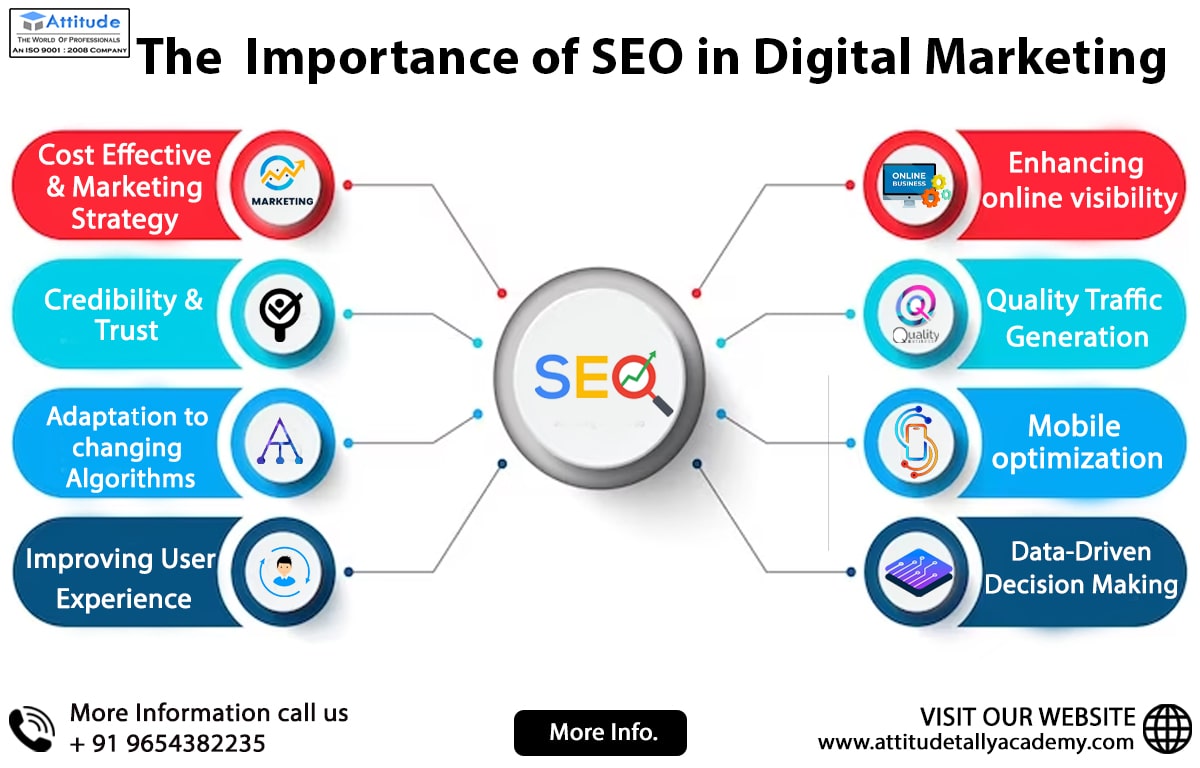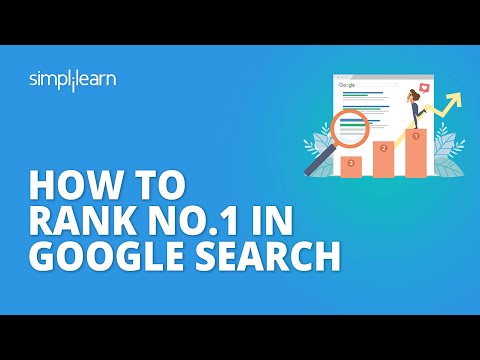Hidden SEO Secrets: How to Outrank Your Competitors

SEO has become a fiercely competitive game. With the constant evolution of search engine algorithms, it’s more important than ever to stay ahead of your competitors. While many SEO strategies are common knowledge, there are hidden tactics that can give you the edge you need to outperform your competition and claim top spots in search engine results pages (SERPs).
The Power of Niche Keywords
Many businesses make the mistake of focusing solely on broad keywords. While these can drive traffic, they often come with stiff competition. Niche keywords, on the other hand, can help you target specific, low-competition audiences that are more likely to convert.
Niche keywords are highly relevant to your specific industry, product, or service, and they cater to a smaller audience. While the traffic volume may be lower compared to broader keywords, the quality of this traffic is significantly higher. When optimizing for niche keywords, ensure that you’re addressing your target audience’s pain points and providing valuable, relevant content.
Mastering Long-Tail Keywords
Long-tail keywords are phrases that consist of three or more words and are more specific than general keywords. They typically have lower search volume, but they attract highly targeted visitors who are further along in the buyer’s journey. By targeting long-tail keywords, you can increase your chances of ranking higher in search results and drive more qualified traffic to your website.
For example, instead of targeting a broad keyword like “SEO services,” you could target a more specific long-tail keyword like “affordable SEO services for small businesses.” This will help you attract individuals who are looking for exactly what you offer, increasing your conversion rates.
Content is Still King, But Context is Queen
Content remains one of the most crucial factors in SEO. However, it’s not just about creating content; it’s about creating content that is highly relevant, valuable, and engaging for your audience. Google’s algorithm continues to prioritize content that provides a satisfying user experience, so it’s important to not only focus on keyword optimization but also on delivering quality content that resonates with your target audience.
Moreover, understanding user intent is key to crafting content that ranks well. The context surrounding the search query plays a significant role in how Google determines which pages should rank. Ensure that your content aligns with the specific needs of your audience, and provide answers to their questions or solutions to their problems. Comprehensive, well-researched articles tend to rank better than surface-level content.
The Role of Backlinks in SEO Success
Backlinks are one of the oldest and most reliable ranking factors. The more quality backlinks you have pointing to your site, the more authoritative and trustworthy your website appears to search engines. However, it’s not just about the quantity of backlinks—it’s about their quality and relevance.
When trying to outrank your competitors, focus on acquiring backlinks from high-authority, niche-specific websites. For example, if you operate a digital marketing business, getting backlinks from reputable digital marketing blogs or websites will carry much more weight than getting links from unrelated industries. Additionally, avoid spammy backlinks from link farms or low-quality websites, as these can hurt your rankings and damage your site’s reputation.
Technical SEO: The Backbone of Your Strategy
Technical SEO refers to the behind-the-scenes elements of your website that help search engines crawl, index, and rank your pages. While on-page SEO focuses on optimizing content, technical SEO focuses on improving website performance and ensuring that search engines can easily access and understand your site’s structure.
Some essential technical SEO factors include:
- Optimizing page load speed
- Ensuring mobile-friendliness
- Fixing broken links and redirect chains
- Optimizing your site’s URL structure
- Creating and submitting an XML sitemap
Making sure your website is technically sound is essential for ranking well in SERPs. Search engines prefer fast-loading, mobile-friendly websites that provide a seamless user experience. Regularly audit your website’s technical health to ensure that it’s performing at its best.
User Experience (UX) and Its Impact on SEO
User experience (UX) is another hidden SEO factor that can have a significant impact on your rankings. Google’s algorithms increasingly focus on how users interact with websites, using metrics like bounce rate, time on site, and pages per session to gauge the quality of the user experience.
To improve UX and boost SEO, focus on the following elements:
- Fast loading times
- Easy-to-navigate site structure
- Mobile optimization
- High-quality images and multimedia
- Clear calls-to-action
A positive user experience leads to higher engagement and lower bounce rates, which in turn signals to search engines that your site is valuable and relevant. This can help you outrank competitors who have a poor user experience.
Leveraging Social Signals for SEO
While social media signals are not direct ranking factors for SEO, they can still play a significant role in driving traffic to your website and improving your SEO performance. When your content is shared widely on social media platforms, it can increase its visibility, attract more backlinks, and drive referral traffic to your site.
By promoting your content on social media and encouraging others to share it, you can amplify your reach and increase the likelihood of earning high-quality backlinks. Social media platforms also provide an opportunity to engage with your audience directly, build relationships, and enhance brand awareness.
Conclusion: Staying Ahead of Your Competitors
Outranking your competitors in search engine results requires a combination of factors, including niche keyword optimization, high-quality content, technical SEO, backlinks, user experience, and social media engagement. By implementing the hidden SEO secrets discussed in this article, you can position yourself ahead of your competitors and secure higher rankings in 2024 and beyond.
Remember, SEO is an ongoing process, and the strategies that work today may not be as effective tomorrow. Stay informed, adapt to changes in search engine algorithms, and continuously optimize your website to maintain your competitive edge.




![Roblox Digital Gift Card - 2,500 Robux [Includes Exclusive Virtual Item] [Digital Code]](https://nbanner.link/img/B07RX6FBFR.jpg)